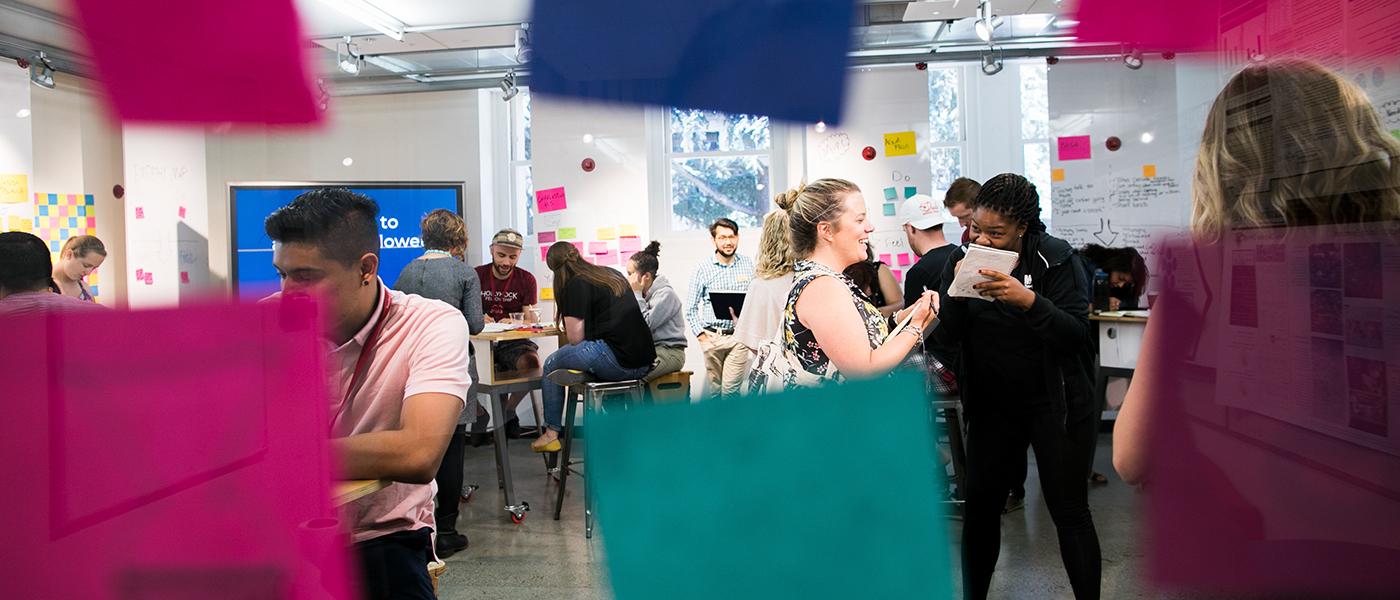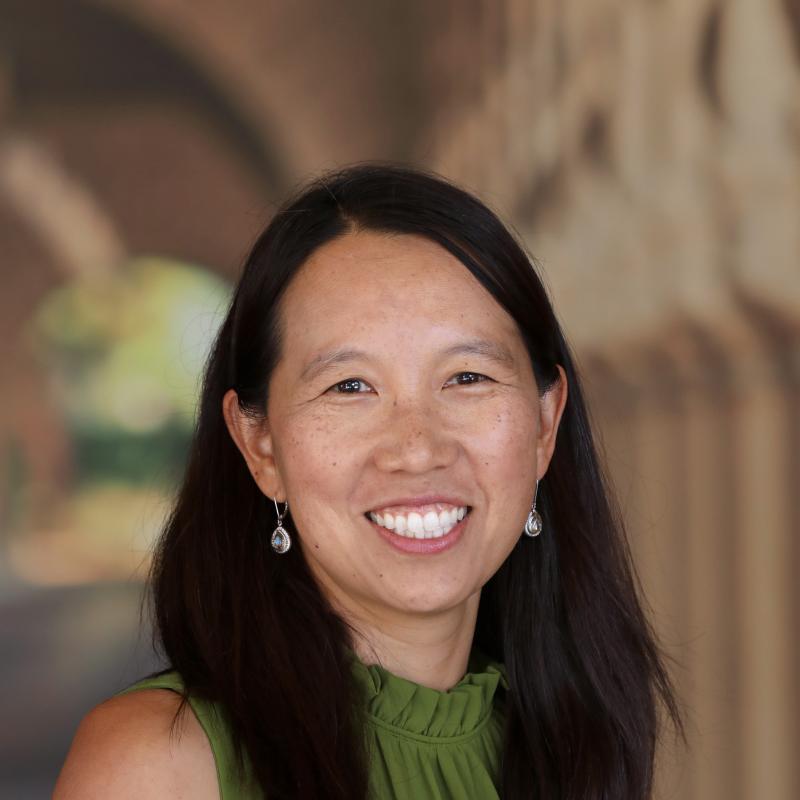
Professional Learning
Welcome to professional learning at Stanford Graduate School of Education. We offer a variety of research-based learning opportunities for educators and school system leaders.
Take a look at what we have to offer and consider joining our community of education professionals, learning together to support excellence and equity in education.
Subscribe to the professional learning bimonthly newsletter
Educators Be SEEN!
If you are an educator willing to share your insights with Stanford researchers tackling a range of education and learning challenges, join SEEN here. Check out our list of fall opportunities!
Upcoming opportunities
Attend a webinar, workshop, or multi-day institute. Our learning opportunities are designed to be engaging and model effective teaching practices. Join us!
Programs and fellowships
Our cohort-based learning experiences leverage Stanford faculty and research, collaboration with peers, and ongoing support to take your career to the next level.
National Board Candidate Support Program
The GSE’s National Board Resource Center offers an online, cohort-based program of support for educators seeking National Board certification. The program is open to all teachers interested in high-quality collaboration and professional development.
Ongoing learning opportunities
Our research centers offer a variety of online, self-paced learning opportunities for educators and school leaders.




Our research centers develop a variety of resources for educators at all levels as well as teacher educators. Visit our resource page to browse our offerings.
Center to Support Excellence in Teaching works in educational partnerships to solve persistent problems of practice by improving the quality of instruction, keeping equity at the center of the work, and developing leaders.
Challenge Success provides schools and families with proven strategies that promote well-being and engagement with learning to transform the student experience. They offer resources and learning experiences for schools, families, and students.
The California World Language Project (CWLP) is a collaborative project that conducts research on topics pertaining to Second Language Acquisition and sponsors professional learning opportunities for World Language educators.
The SCALE initiative is dedicated to transforming educational opportunity by using research and evidence for better education decision-making. SCALE conducts rigorous research, identifies promising solutions, and engages decision makers to integrate research, policy, and practice across critical issues in K-12 education.
Stanford Center on Early Childhood
Stanford Center on Early Childhood aims to promote child development and assure equity in the early childhood sector by supporting, accelerating, and implementing strategies that address structural disparities and foster alliances across communities, academic institutions, funders, advocates, and policymakers.
Youcubed’s mission is to inspire, educate, and empower teachers of mathematics, transforming the latest research into accessible and practical forms. Youcubed offers learning opportunities, community, and resources.
GSE faculty bring the latest advances in the social sciences, technology, and teacher preparation to the field of education. You can learn more through our research centers page.
Connect with us!
Subscribe to our professional learning newsletter for bimonthly updates on learning opportunities and resources.
Subscribe to the GSE’s monthly newsletter, The Educator, for the latest on our education research.
Interested in hiring our graduates? You can list your open positions in our careers portal on our career resources website.
We’d love to hear from you! For questions or to inquire about customized learning experiences for your school or district, please contact

Heidi Chang
Director of Professional Learning
gse_learning@stanford.edu

